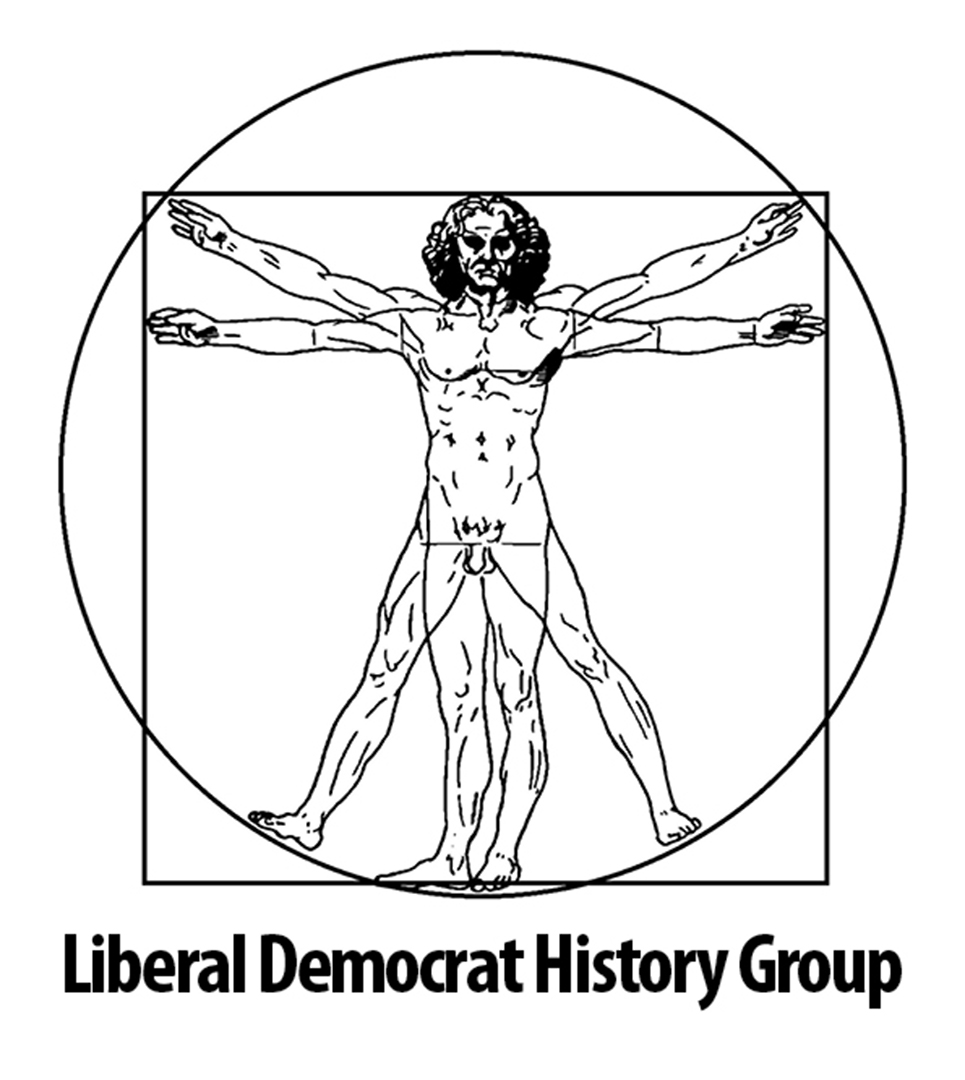
Journal of Liberal History
For the discussion and research of Liberal, Liberal Democrat and SDP history
Events
Does New Labour leave room for New Liberals?
—
by
The reforming Liberal Governments of 1906-14 helped lay the foundations of the British welfare state; amongst other achievements, they introduced old age pensions, national insurance and the principle of graduated taxation. Underpinning these political achievements lay the school of thought known as the “New Liberalism”. New Liberal writers such as Green, Hobhouse and Hobson advanced…
Old Heroes for a New Party
—
by
Each talked about a philosopher, writer or politician of the past who still had something of relevance to contribute to the Party’s principles and policies. The aim was to connect the political beliefs and values which modern day Liberal Democrats hold with a historical tradition, or school of thought, or individual writings. (Alan Beith chose…
We Can Conquer Unemployment
—
by
The subject of the meeting was the influence of Keynes’s and Lloyd George’s Yellow Book on the problems of conquering unemployment in the 1920s and 1930s. With one of the major policy paper debates at Brighton that year being on Employment Policy, this provided us with a chance to trace the development of Liberal/Liberal Democrat…
Witness Seminar: The Origins of Community Politics
—
by
Gordon Lishman discussed the background to the Eastbourne resolution of 1970, which first committed the Liberal Party to community politics. Topics covered included the electoral and campaigning context of the time, the development of the ideology of community politics and the tactics required to persuade the Assembly to vote for it.
Why are the English frightened of constitutional change?
—
by
The reform of Britain‘s constitution has been a watchword of the Liberal Democrats and its predecessors for over 150 years. This is partly because, compared to other countries, constitutional change has been relatively rare – particularly in England, and particularly in the 20th century. This meeting examined why this should be so. We concentrated on…
Liberals and Labour – Natural Allies?
—
by
The possibility of cooperation between Liberal Democrats and the Labour Party had been much talked about. The twentieth century had in fact seen several examples of such cooperation – including the electoral pact of 1906, the Labour-supported Liberal minority government of 1910-14, the Liberal-supported Labour minority governments of 1924 and 1929-31, and of course the…
Hung Parliaments and Coalition Governments: Learning the Lessons of History
—
by
The next election will see a bigger chance of a hung parliament than any fought over the last thirteen years. But what happens if the Liberal Democrats do end up holding the balance?
Survival in the Balance: The Liberal Party after 1945
—
by
Dr Stevenson examined the history of the Liberal Party after 1945, and its attempt to carve out an identity for itself in a hostile political world. He explored the historical dimension of the continuous tension within the Party between those members who saw its policies as essentially centrist, and those who fought for them be…
Englands Bourgeois Revolution: Past, present, future or never?
—
by
In the popular view, the Civil War and Glorious Revolution of the seventeenth century heralded the “bourgeois revolution” of which Thatcherism has now proved the culmination. Political change – the triumph of the middle over the upper classes – inevitably followed the social and economic changes deriving from the growing importance of commerce and industry…
Liberals and Social Democrats
—
by
Did the formation of the Social & Liberal Democrats represent the final coming together of the two philosophical traditions united in the Liberal Party of the turn of the century and split by the strains of war and the subsequent Liberal decline?
